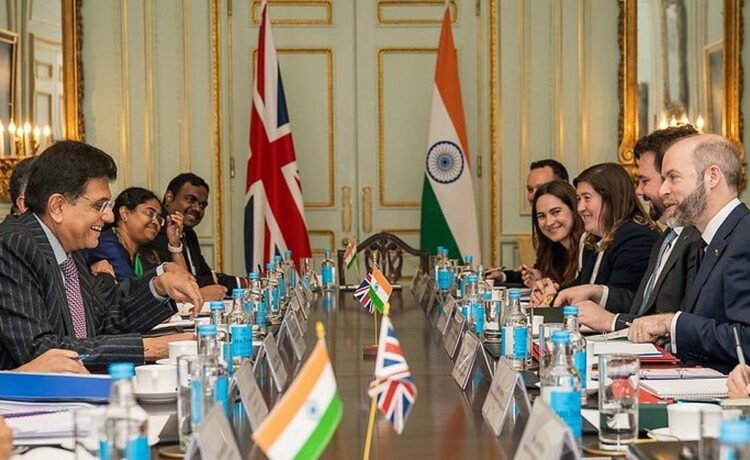For the UK, the deal will slash Indian tariffs on key products such as whisky, cosmetics and medical devices, locking in reductions on 90% of tariff lines for the UK’s exports to India, with 85% of these becoming fully tariff-free within a decade. Whisky and gin tariffs will be halved from 150% to 75% before reducing to 40% by year 10 of the deal, while automotive tariffs will go from over 100% to 10% under a quota.
“It matters when the fifth and sixth largest economies in the world reach a trade agreement. Such an agreement is illustrative of the positive momentum in the UK-India relationship, the commitment and ambition of both governments, and the opportunities for greater trade, investment and collaboration between our countries”, says Richard Heald, Chair, UK India Business Council.
The FTA text is not in the public domain, but chapter-wise summaries are known. The chapters include one on anti-corruption, which will require India and the UK to reinforce their international obligations on bribery and corruption at the UN and work together to tackle these global issues within the trade and investment context. The second chapter will talk about ‘temporary movement of natural persons’ and ease work and business-related travel of citizens of both the countries. The third section—the core text, as the UK government’s summary of the FTA text says—provides for an appropriate set of legal relationships between the agreement and other international agreements, and sets out a series of definitions that will be used across the agreement. ‘Final Provisions’ that will set out processes for the entry into force, amendment, and, if appropriate, termination of the agreement will also be a part of this section. Competition and consumer protection, customs and trade facilitation, trade and development cooperation, digital trade, dispute resolution, and environment protection will all be covered under specific chapters of the agreement. There will be a chapter on financial services and one on market access (tariff reduction). The FTA will also talk about how good regulatory practices, government procurement, innovation, intellectual property, labour, MSMEs, public enterprises, subsidies, technical barriers to trade etc will all be dealt with by the partner countries.





